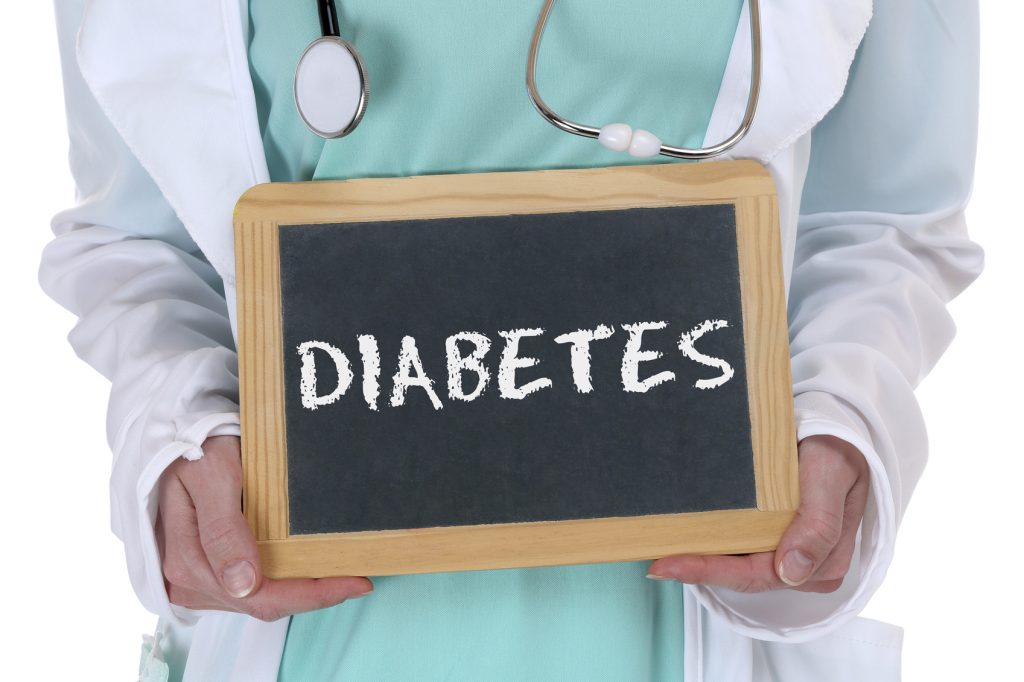
When it comes to indulging in holiday treats, what is your favorite go-to? Are you a chocoholic? Is it a stick of gum or a chewy gumdrop? Do you prefer a candy cane instead? Since sweet confections are in abundance during the holidays, let’s take a look at which candy is best:
Chocolate. There is hope for all chocolate fans out there – chocolate is actually a great option if you are looking for a bit of sweet. Not only does it have health benefits included in its design, but chocolate is easy to clean off your teeth, making it more difficult for cavity-causing bacteria to thrive.
Caramel. If sticky candy is your favorite, you should be aware that your mouth may not share the same sentiment. Not only does the sticky texture that make up your favorite caramels stick to your teeth’s surface and deep into your teeth’s grooves, but if you have dental work done, it could damage them.
Hard candy. Who doesn’t love a candy cane? If you have a habit of biting these colorful candies, they can wreak havoc on your teeth and any dental work you may have. But if you tend to suck on them, you allow for the sugars to linger around in your mouth, giving those cavity creeps plenty of time to find the perfect hiding spot in your mouth.
Candy is a fun way to enjoy a bit of sugar when you crave a sugar fix but may not be the best option for your dental health. Enjoy them in moderation and make sure to brush or rinse afterwards.
If you would like more information about holiday sweets, call Dr. Peter O. Cabrera in Chicago, IL at 312-994-7939 or visit www.perioimplantchicago.com.
Dr. Cabrera proudly serves Chicago and all surrounding areas.









